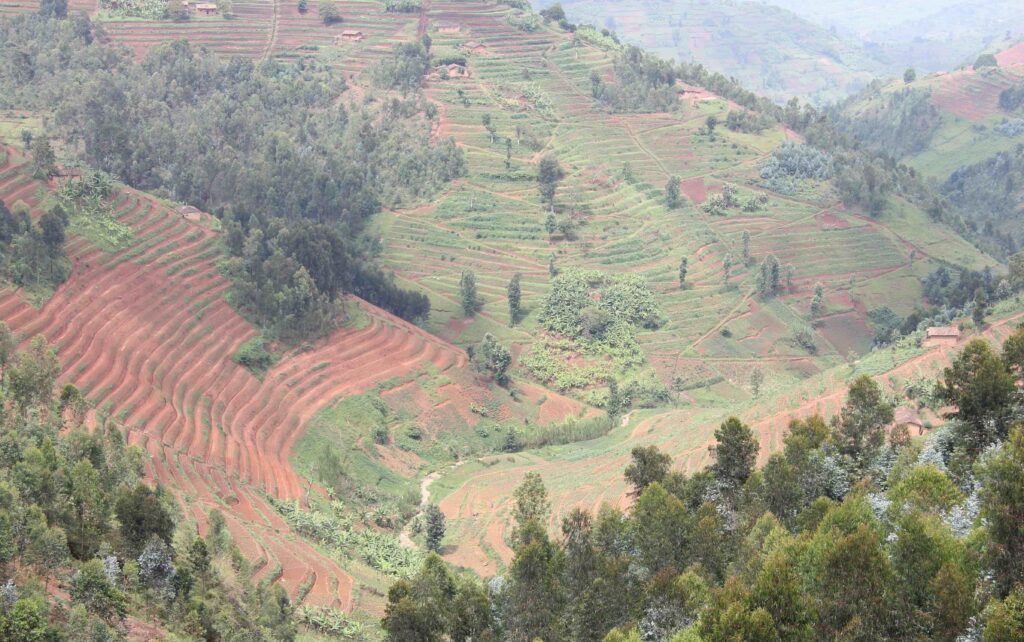There has been a recent report on BBC concerning loyalty oaths that have been claimed to be evidence of a climate of fear and oppression among Rwandese at home and abroad.
It is worth noting the claims are based on allegations from David Himbara who is described as an academic and activist but whose agenda for a long time has been to undermine Rwanda’s recovery from the genocide and its general social and economic progress. Suffice to say that his time as a ‘senior advisor’ to Kagame was not without considerable concern over some of his conduct and attitude. The article also drew on a ‘prominent member of the Australian’ diaspora, despite the official Rwandan diaspora reacting to a recent similar article in Australia by saying, “In light of these baseless and unfounded allegations, the members of the Rwandan community in Australia would like to bring to the attention of the author of the documentary as well as ABC’s news fraternity that the article is marred with several inaccuracies, contradictions, flawed statements, pre-conceived biases and outright bad faith conclusions.”In general, Rwandese people are extremely patriotic and pledges of allegiance to the goals of the country are a natural expression of that. That is their culture which we respect. The culture of fear portrayed in the article is not something we recognise either in our visits to Rwanda or among the myriad of Rwandese friends and colleagues we have. The BBC has for a long time given its ear to a vocal minority of the Rwandese diaspora in Europe and North America which has consistently promoted a revisionist narrative of the genocide along with its agenda of undermining the remarkable achievements of the Rwandese leadership. Like any other leader, and indeed, human being, Kagame is not perfect, but the BBC’s article is further evidence of its ongoing manipulation by this cadre of people seeking to destabilise Rwanda. So, whilst many of us would have understandable qualms about pledges of loyalty to a country that insisted on that being couched in political allegiances, the framing of the article as a sign of a fear gripped country and dictatorship is a long way from our experience of the country, the viewpoint of the majority of the diaspora and the reality of a nation and people enjoying peace and freedom from fear that has not been enjoyed for many decades.

